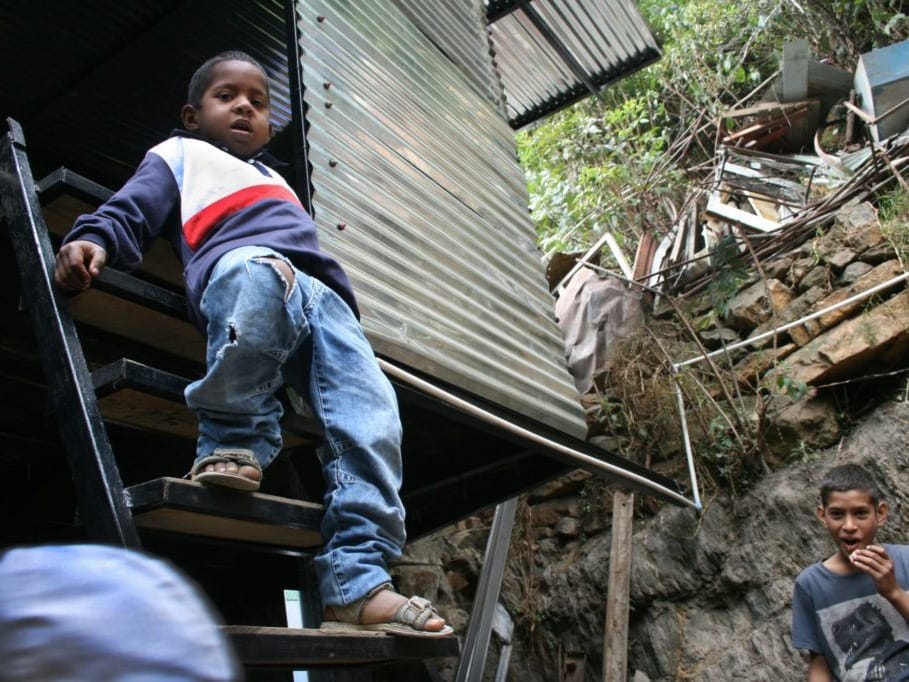GENEVA (AN) — The U.N. Human Rights Council voted to create a yearlong, independent fact-finding mission on Friday that will investigate cases of suspected human rights abuses in Venezuela over the past five years.
The United Nations' top human rights body called for the international team of investigators to look into allegations of "extrajudicial executions, enforced disappearances, arbitrary detentions, torture and other cruel, inhuman or degrading treatment since 2014."









